The NDP are getting a free ride – at least they certainly are on the energy file.
I must ask again: Why are they not condemning the proposed twinning of Kinder Morgan’s Trans Mountain Pipeline from the Alberta Tar Sands to Vancouver? All the arguments that prevail against the Enbridge line apply to Kinder Morgan, so to say that you’re waiting for the Kinder Morgan applicationto be filed is a flimsy excuse which waters down their general position on energy.
Speaking of a program, just what is the NDP energy policy? We’d better find out soon or it will be too late.
Some questions.
The NDP is wholly supportive of multiple liquified natural gas (LNG) plants in Kitimat, so far as can be told without any real consultation with the public on either the plant itself or the pipeline that would cross the same mountains and forests that Enbridge does.
My feeling is that the NDP don’t want to appear to be against everything. Yet the party was much opposed to an LNG plant on Texada Island a few years ago, mainly on dangers it posed. There are not too many examples of plant failure in the past but when they do have one, the destruction of property and human life is extensive.
I don’t say that this project ought to be banned – I just ask when the public process took place. When was the public, including First Nations, consulted on both the need for such a plant and, if passed, what were the technical and environmental concerns, and, again, where was the public process?
John Horgan, the NDP Energy Critic, seems to favour, without reservations, the obtaining of natural gas through the process now called “fracking”, which is a technique whereby natural gas, trapped in shale beds within the earth’s crust is “mined” by forcing it out by the use of huge quantities of water and chemicals. British Columbia has lots of this natural gas and there’s a sort of “gold rush” mentality amongst those who want to get into the act.
There are huge environmental questions, not least of which is the chemical-laden water getting into the domestic water supply and ecosystems. Moreover, where is the water being taken from?
There are also very real worries for the security of the land under which the “fracking” takes place, namely earthquakes being caused by the controversial practice.
The concerns here are not just picky little matters brought up by traditional boo birds but very real worries.
There is a very big economic question involved: BC and Alberta are not the only places in the world where there are lots of potential fracking areas.
With a huge overabundance of natural gas available, can BC compete? Where are the markets? China, which itself has huge trapped natural gas resources?
Normally one might say, that’s the concern of the companies, not us.
But we know that’s not necessarily so, for corporations discount a good part of the downsides by expecting government bailouts if big trouble comes, for the same reason the US government bailed out the stockbrokers – the cost of not bailing out sinking corporate ships was higher than the subsidies. Moreover, the public is a shareholder in this resource and is receiving reduced dividends from it at these historically low market prices.
There is a further question that has been raised but not dealt with, either by the government or the opposition – why are we devoting energy from water resources, that belong to the public to create energy which then will be used by corporations to make new energy?
The nature of BC Hydro, since W.A.C. Bennett’s days, was to create cheap power for both the public and industry but not to be a partner in the industry, thus liable to losses concerned.
The proposed Site “C” Dam is not needed for domestic energy supply – as our resident economist Erik Andersen has amply demonstrated – but day by day looks more like a scheme to subsidize the untested abilities of fracking companies to do so without environmental damage, in questionable markets. And if not for fracking, then to subsidize comparably questionable new mining operations in northern BC – in any event, the power from Site “C” is patently not for the public that would be paying some $10 Billion to build it.
These are some of many questions being raised by everyone accept the Liberals, who are joined at the hip to industry, and the NDP who are not.
It’s bad enough to have a government of a gaggle of nincompoops, but without an Opposition to ask serious and penetrating questions because they fear the voters won’t like it is a potential tragedy which may well lead to an environmental and fiscal mess not only caused by an incompetent government but an incompetent Opposition as well.
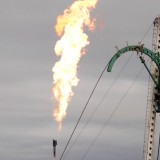

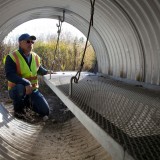
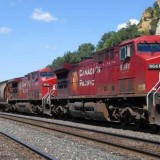
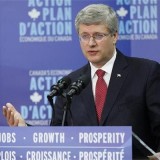
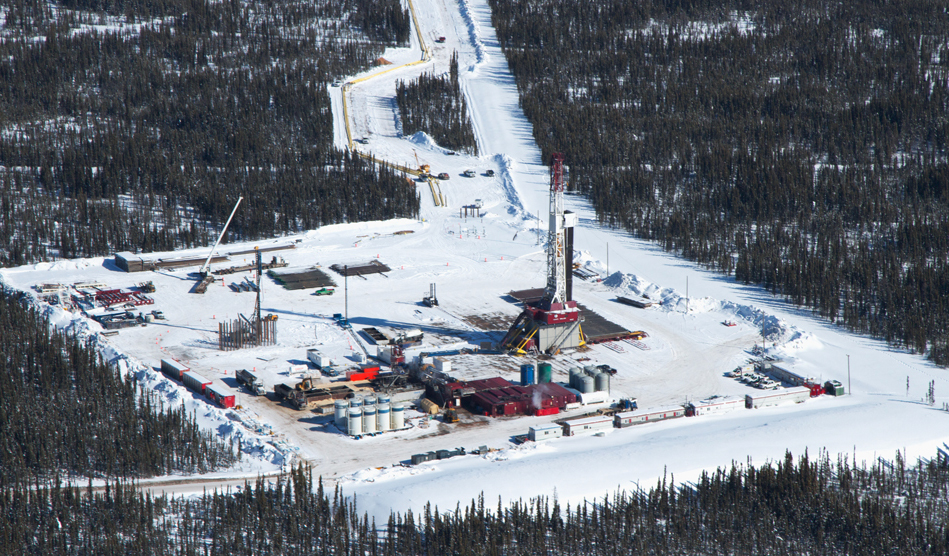 This barely scratches the surface of what has been a never-ending barrage of energy related issues that have dominated the agenda and altered the very fabric of this nation, all the while massively escalating oil and gas production with an equally
This barely scratches the surface of what has been a never-ending barrage of energy related issues that have dominated the agenda and altered the very fabric of this nation, all the while massively escalating oil and gas production with an equally 
